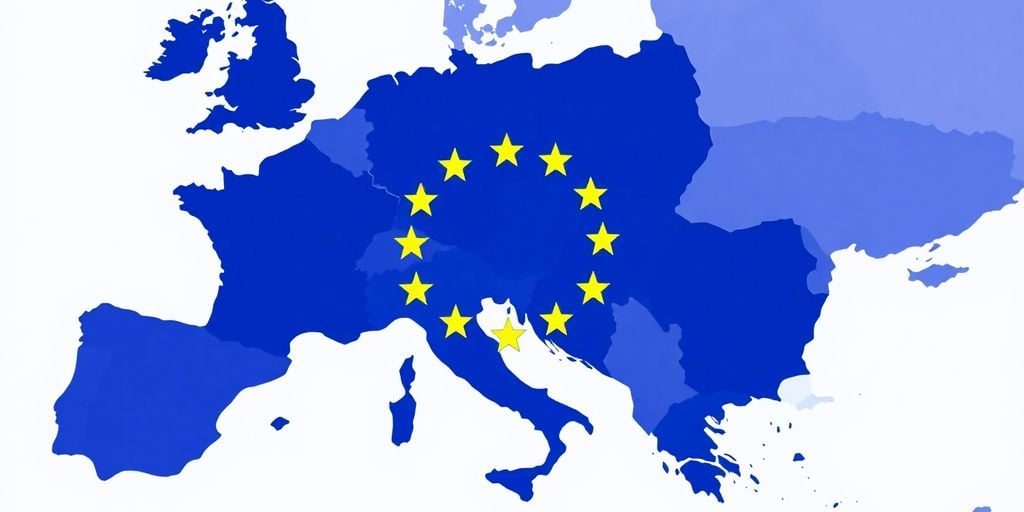The Western Balkans region is navigating a complex geopolitical landscape, grappling with global uncertainties while pursuing deeper integration with the European Union. This period is marked by significant economic initiatives, environmental challenges, and evolving security dynamics, all of which shape the region’s future trajectory.
Economic Convergence and EU Integration
The European Union’s "Growth Plan for the Western Balkans" aims to accelerate socio-economic convergence by integrating the region into the EU’s single market. This ambitious plan, backed by a €6 billion financial instrument, seeks to double the size of the Western Balkan economies within a decade. Key priorities include enhancing economic integration with the EU’s single market through measures like free movement of goods and services, and deepening regional economic cooperation via the Common Regional Market. The plan also emphasizes accelerating fundamental reforms and attracting foreign investment.
Environmental Challenges and Energy Transition
The region is facing significant environmental pressures, including record-breaking heatwaves and the threat of wildfires. In response, there’s a growing focus on sustainable energy solutions. The EU is supporting the development of renewable energy communities through a call for expressions of interest, aiming to foster community-driven, sustainable energy models. This initiative supports pilot projects in Albania, Bosnia and Herzegovina, Montenegro, North Macedonia, and Serbia, providing technical assistance and financial support for renewable energy projects.
Security and Stability Concerns
Geopolitical shifts are influencing the security landscape of the Western Balkans. Concerns about external patronage, the financing of extremism, and the potential for renewed tensions are present. Efforts are underway to disrupt illicit financial flows, including money laundering, which enables organized crime. The region is also dealing with demographic challenges, such as population decline, and the impact of global events on regional stability.
Key Takeaways
- The EU’s Growth Plan offers a significant opportunity for economic development and closer integration with the EU.
- Renewable energy communities are being promoted to support a just energy transition.
- The region faces pressing environmental challenges, including extreme heat and wildfires.
- Combating money laundering and disrupting financial networks supporting extremism are critical for stability.
- Geopolitical uncertainties and the potential for renewed tensions require careful navigation.
Sources
- Western Balkans energy transition: a new expression of interest for renewable energy community
projects, European Commission. - Money laundering in the Western Balkans, Global Initiative against Transnational Organized Crime (GI-TOC).
- Follow the Money: Tracking Hidden Funds Behind Extremism in the Balkans, Balkan Insight.
- Growth Plan for the Western Balkans, Enlargement and Eastern Neighbourhood.
- Balkans braced for record-breaking heatwave, Reuters.






